Is El Salvador A Dictatorship? Analyzing Bukele's Presidency
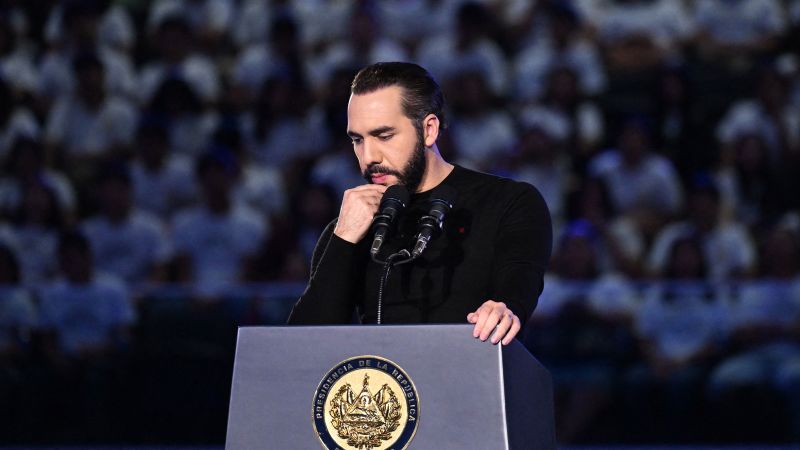
Welcome to your ultimate source for breaking news, trending updates, and in-depth stories from around the world. Whether it's politics, technology, entertainment, sports, or lifestyle, we bring you real-time updates that keep you informed and ahead of the curve.
Our team works tirelessly to ensure you never miss a moment. From the latest developments in global events to the most talked-about topics on social media, our news platform is designed to deliver accurate and timely information, all in one place.
Stay in the know and join thousands of readers who trust us for reliable, up-to-date content. Explore our expertly curated articles and dive deeper into the stories that matter to you. Visit Best Website now and be part of the conversation. Don't miss out on the headlines that shape our world!
Table of Contents
Is El Salvador a Dictatorship? Analyzing Bukele's Presidency
El Salvador's transformation under President Nayib Bukele has sparked intense global debate. His popularity soars domestically, yet concerns about democratic backsliding and authoritarian tendencies are increasingly voiced internationally. The question on many minds: is El Salvador becoming a dictatorship under Bukele's rule? This article analyzes key aspects of his presidency to offer a nuanced perspective.
Bukele's Rise to Power and Early Promises:
Bukele, a former mayor of San Salvador, campaigned on an anti-corruption platform, promising to tackle the entrenched power of traditional political parties – the ARENA and FMLN. His youthful appeal and outsider status resonated deeply with a disillusioned electorate weary of decades of political gridlock and gang violence. His early successes in addressing public safety, particularly through his controversial "Mano Dura" (Iron Fist) policy, further solidified his popularity.
The Erosion of Democratic Institutions:
While Bukele's initial popularity was undeniable, concerns began to mount regarding his approach to governance. His administration has been accused of undermining key democratic institutions, including:
- The judiciary: Critics point to Bukele's influence over judicial appointments and the targeting of judges perceived as critical of his policies. This has raised concerns about the independence of the judiciary and the rule of law.
- The legislature: Bukele's party, Nuevas Ideas, holds a supermajority in the National Assembly, effectively granting him significant legislative power. This has led to accusations of legislative overreach and the silencing of dissenting voices.
- Freedom of the press: Journalists critical of the Bukele administration have faced harassment, intimidation, and even threats. This has created a chilling effect on press freedom and the ability to hold the government accountable.
The "Bitcoin Law" and Economic Policies:
Bukele's adoption of Bitcoin as legal tender in 2021 was another controversial move. While proponents hailed it as a bold step towards financial innovation, critics argued it was economically reckless and undermined the stability of the Salvadoran colón. This decision, along with other economic policies, has fueled further debate about Bukele's governance style.
Public Opinion and International Condemnation:
Despite international criticism from organizations like Human Rights Watch and Amnesty International, Bukele enjoys high approval ratings within El Salvador. This popularity, however, is partly attributed to a tightly controlled media landscape and the suppression of dissent. International pressure continues to mount, with concerns about human rights violations and the erosion of democratic norms.
Is it a Dictatorship? A Complex Question:
Defining a dictatorship is not straightforward. While El Salvador hasn't experienced a complete collapse of democratic institutions, the systematic erosion of checks and balances, coupled with the suppression of dissent and attacks on the independence of key institutions, raise serious concerns. Bukele's actions, although popular domestically, undeniably represent a departure from established democratic principles.
Looking Ahead:
The future of El Salvador's democracy remains uncertain. The extent to which Bukele will continue to consolidate power and potentially further erode democratic institutions remains a key question. Continued international monitoring and pressure are crucial to safeguarding democratic values and human rights in the country. The international community must remain vigilant and actively engage in supporting civil society organizations and advocating for democratic reforms in El Salvador.
Call to Action: Stay informed about developments in El Salvador and support organizations working to protect human rights and democracy in the region. Learn more about the ongoing situation by researching reputable news sources and human rights organizations.

Thank you for visiting our website, your trusted source for the latest updates and in-depth coverage on Is El Salvador A Dictatorship? Analyzing Bukele's Presidency. We're committed to keeping you informed with timely and accurate information to meet your curiosity and needs.
If you have any questions, suggestions, or feedback, we'd love to hear from you. Your insights are valuable to us and help us improve to serve you better. Feel free to reach out through our contact page.
Don't forget to bookmark our website and check back regularly for the latest headlines and trending topics. See you next time, and thank you for being part of our growing community!
Featured Posts
-
 Connection And Competition Tiafoes Influence On Baptistes Tennis Journey
Jun 03, 2025
Connection And Competition Tiafoes Influence On Baptistes Tennis Journey
Jun 03, 2025 -
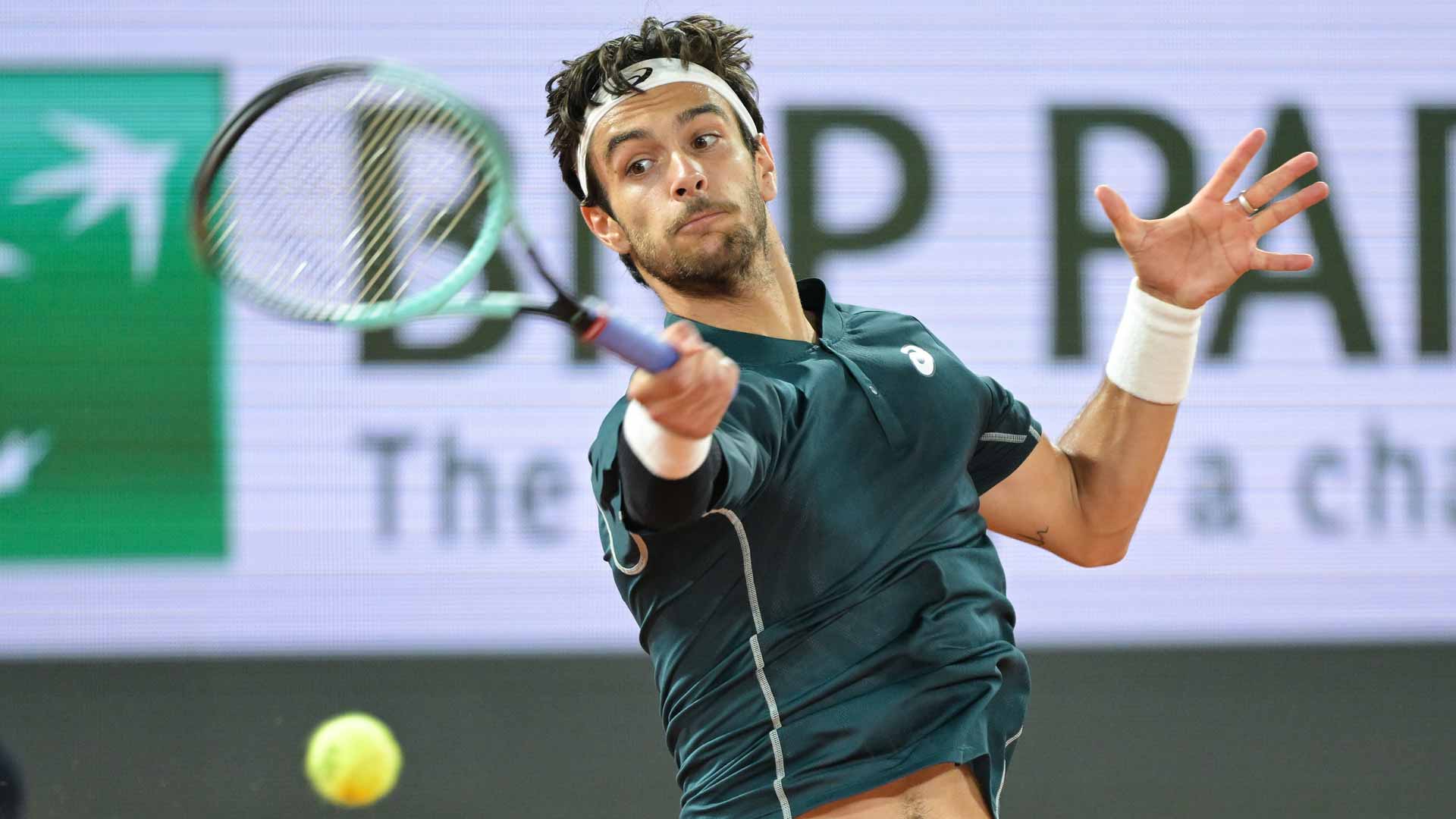 Italian Star Musetti Scores Major Win Against Rune Tiafoes U S Open Run Continues
Jun 03, 2025
Italian Star Musetti Scores Major Win Against Rune Tiafoes U S Open Run Continues
Jun 03, 2025 -
 Exploring Buffalos Contrasting Appeal Old School Vibe Meets Modern Cool
Jun 03, 2025
Exploring Buffalos Contrasting Appeal Old School Vibe Meets Modern Cool
Jun 03, 2025 -
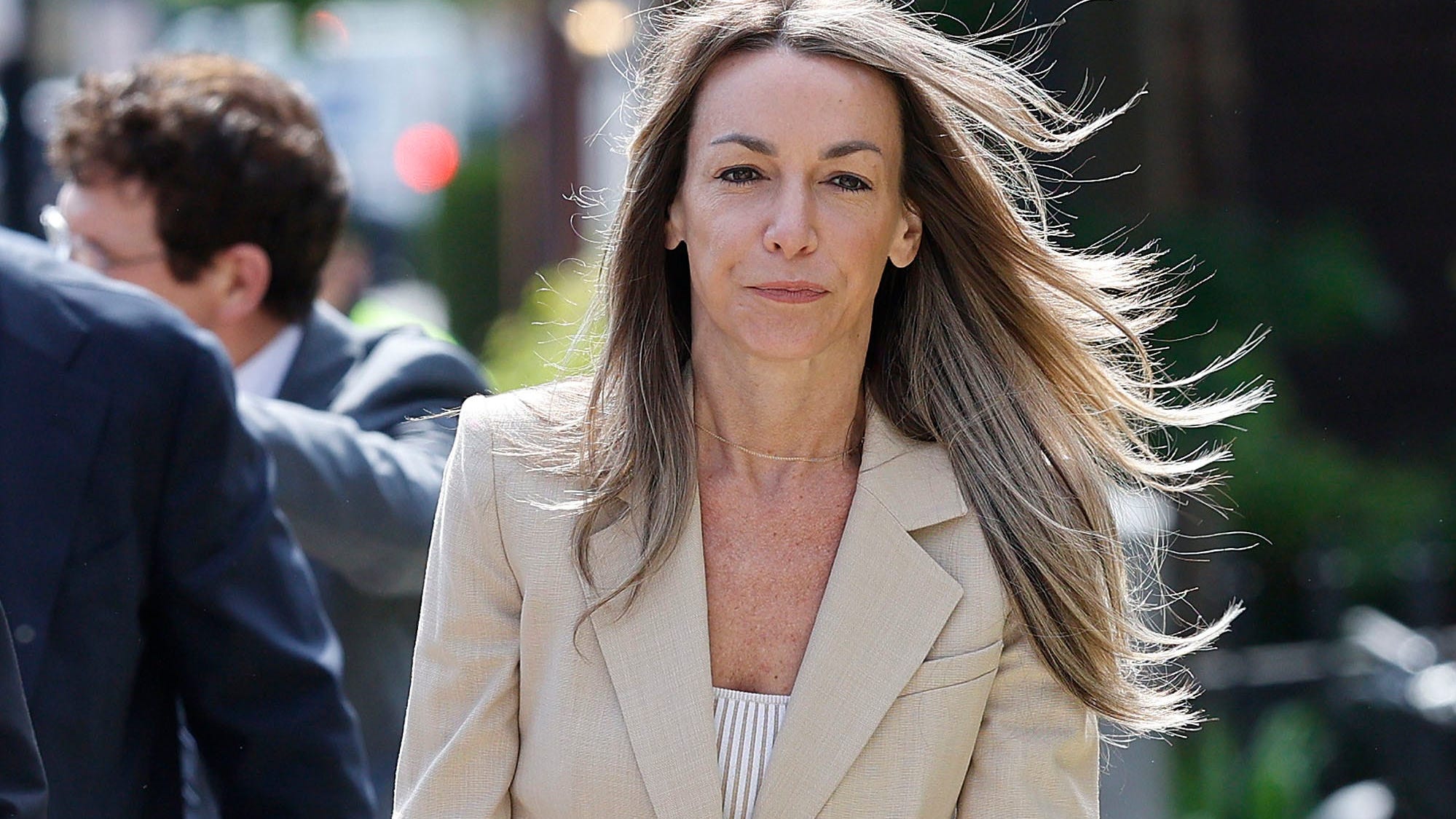 Defense Presents Witness Questioning Data Integrity In Karen Read Case Day 24
Jun 03, 2025
Defense Presents Witness Questioning Data Integrity In Karen Read Case Day 24
Jun 03, 2025 -
 Volcanic Eruption Mount Etnas Powerful Blast Sends Ash Plume High Into The Air
Jun 03, 2025
Volcanic Eruption Mount Etnas Powerful Blast Sends Ash Plume High Into The Air
Jun 03, 2025
Latest Posts
-
 Break In Arkansas Killing Case Suspect Captured At Local Barbershop
Aug 02, 2025
Break In Arkansas Killing Case Suspect Captured At Local Barbershop
Aug 02, 2025 -
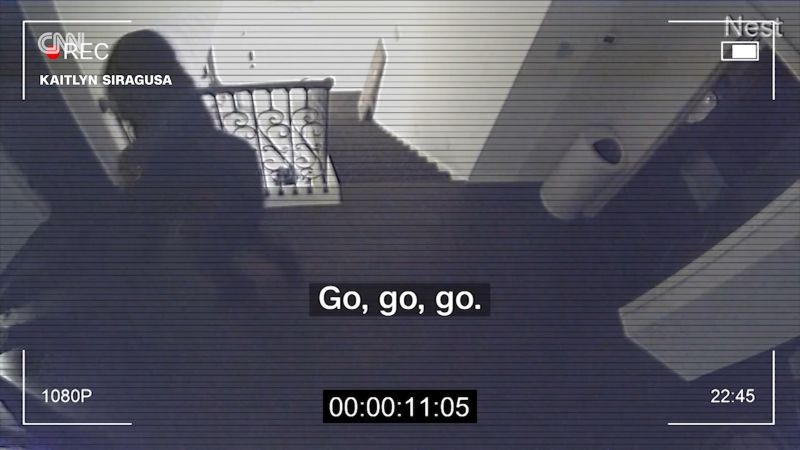 Only Fans Streamer Targeted In Shocking Crypto Attack Cctv Footage Released
Aug 02, 2025
Only Fans Streamer Targeted In Shocking Crypto Attack Cctv Footage Released
Aug 02, 2025 -
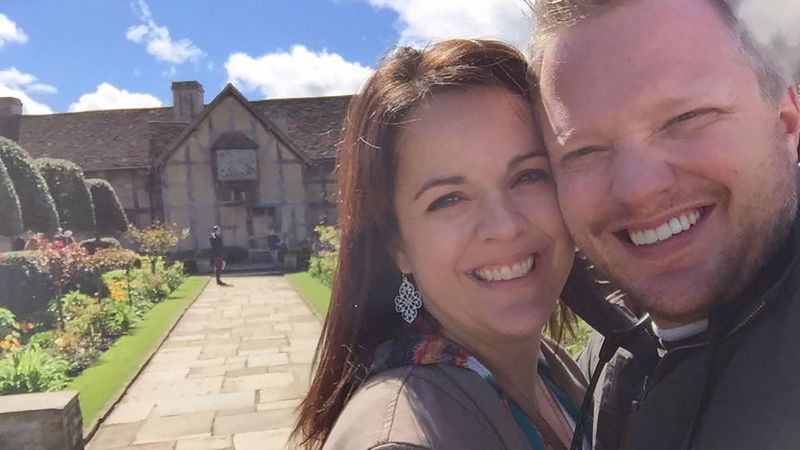 A Mothers Final Days Unraveling The Mystery Behind Her Alleged Poisoning
Aug 02, 2025
A Mothers Final Days Unraveling The Mystery Behind Her Alleged Poisoning
Aug 02, 2025 -
 Community Grieves Remembering The Service Of Officer Didarul Islam
Aug 02, 2025
Community Grieves Remembering The Service Of Officer Didarul Islam
Aug 02, 2025 -
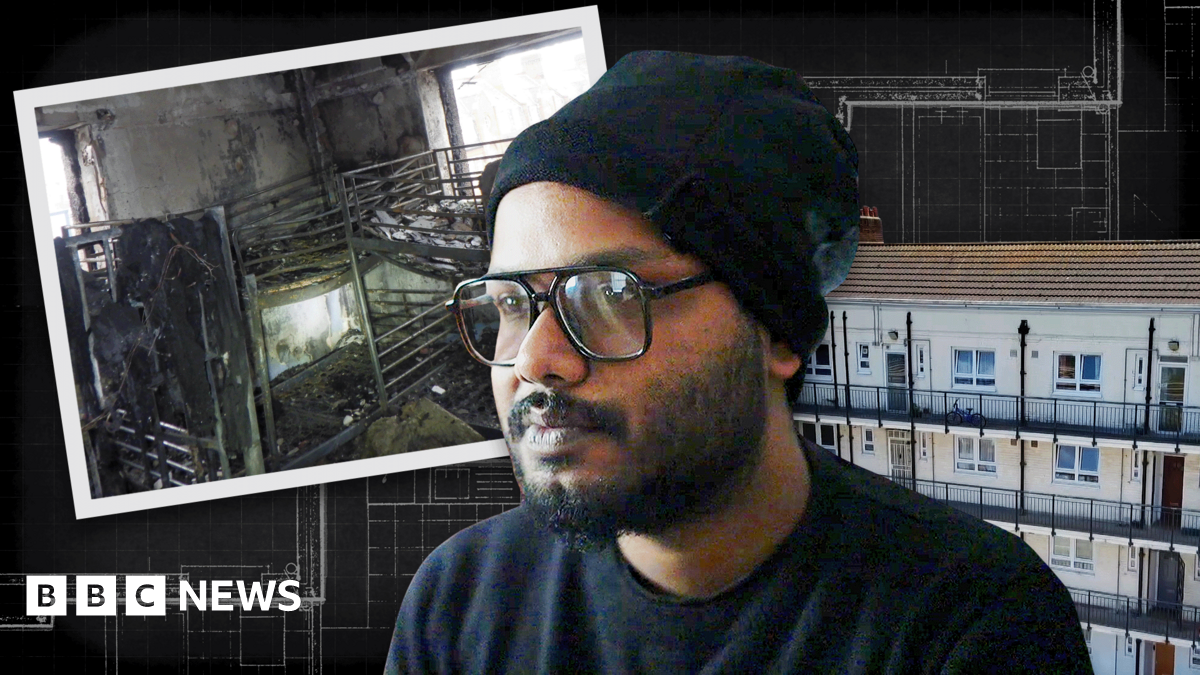 Illegal House Shares A Breeding Ground For Rats Mold And Overcrowding
Aug 02, 2025
Illegal House Shares A Breeding Ground For Rats Mold And Overcrowding
Aug 02, 2025
